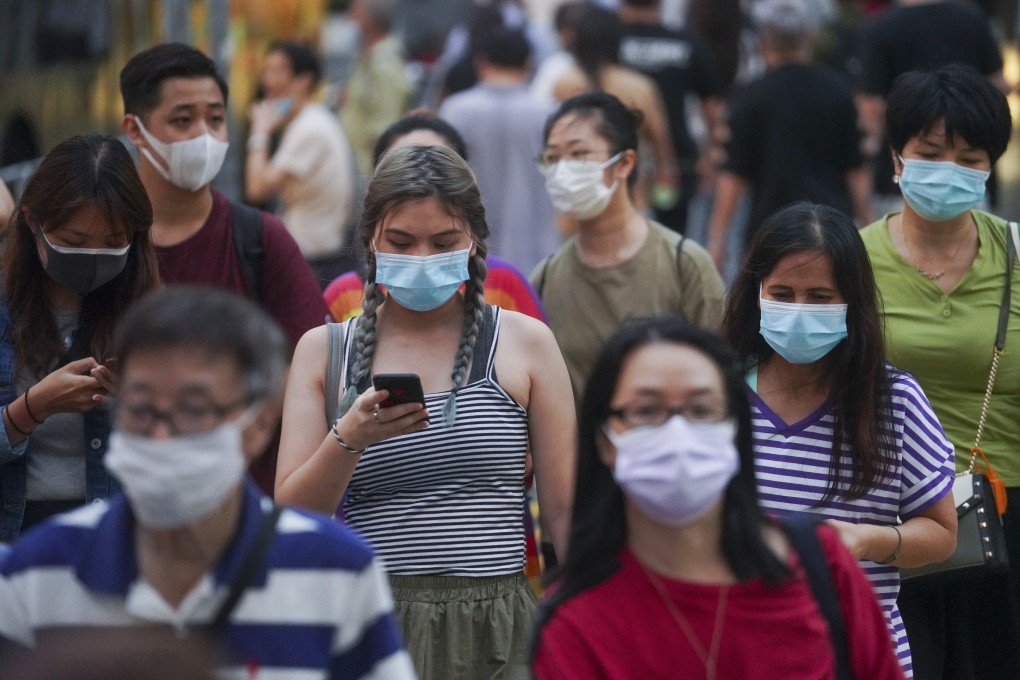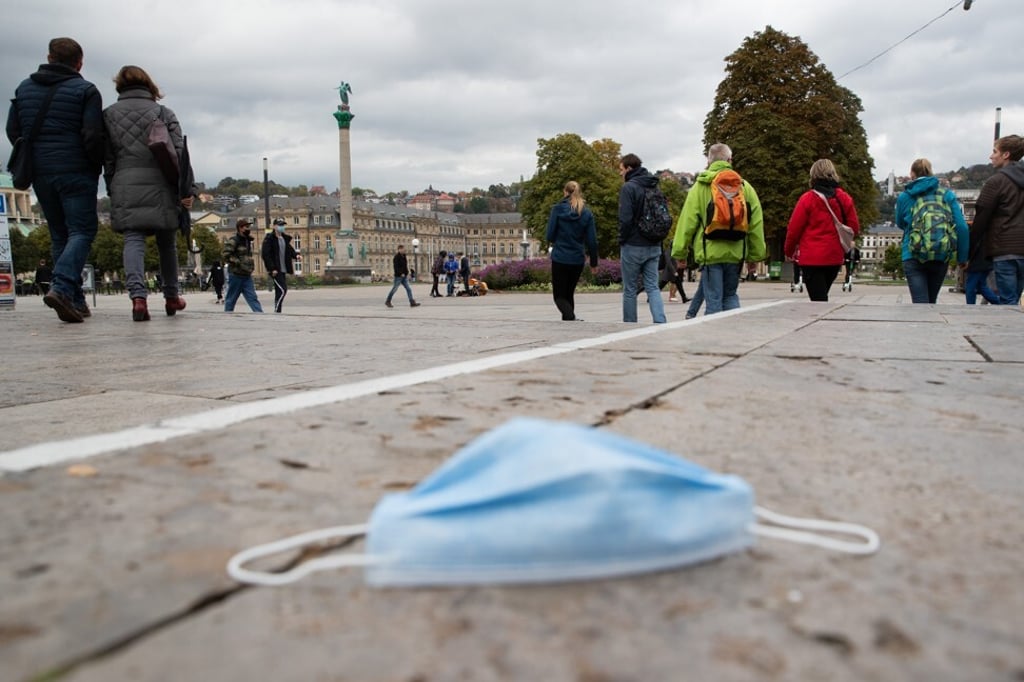Advertisement
Explainer | Coronavirus: how to choose the best face mask for the planet
- Face masks will probably be ubiquitous on our streets for months to come
- But once the Covid-19 pandemic is over, the environmental legacy may last for decades, if not centuries
Reading Time:4 minutes
Why you can trust SCMP

Face masks are part of our daily lives during the coronavirus pandemic. Many are made from plastics and designed to be used just once, which means thousands of tonnes of extra waste going to landfill.
Masks may help stop the spread of Covid-19. But according to one estimate, if everyone in Britain used a single-use mask each day for a year, it would create 66,000 tonnes of contaminated waste and 57,000 tonnes of plastic packaging.
Evidence also suggests masks may be a source of harmful microplastic fibres on land and in waterways and litter.
Advertisement
So here’s a look at how face masks might be designed to cause minimal harm to the environment, while still doing their job – and which type is best for you.
Circular thinking
China is the world’s biggest face mask manufacturer. Its daily output of face masks reportedly reached 116 million units in February this year. That creates a big waste management problem around the world.
Advertisement
Advertisement
Select Voice
Choose your listening speed
Get through articles 2x faster
1.25x
250 WPM
Slow
Average
Fast
1.25x

